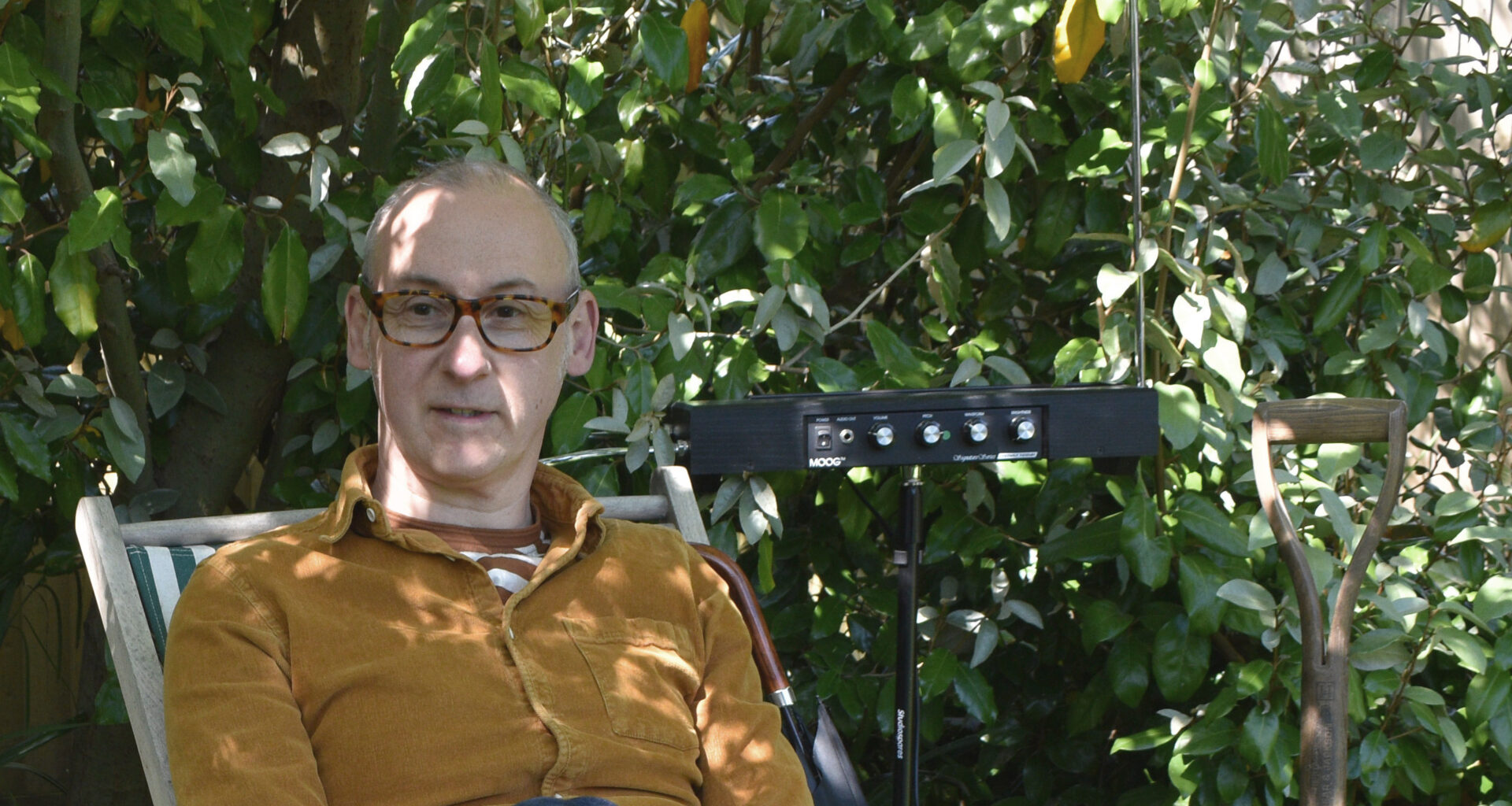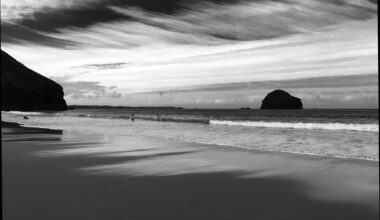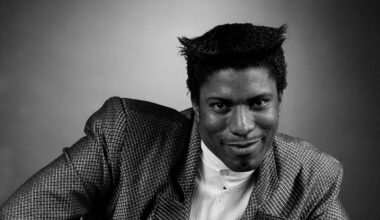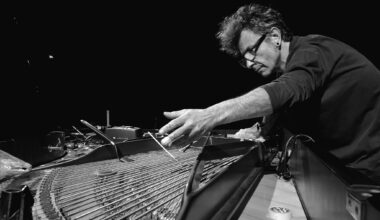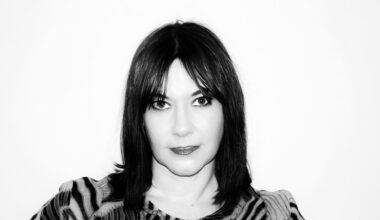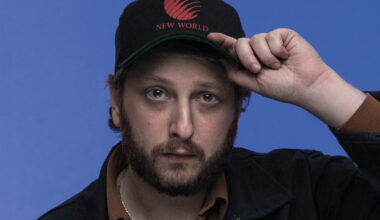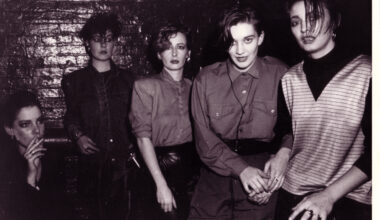Ghost Box Records founder Jim Jupp is returning to his otherworldly roots with ‘The Gone Away’, his first solo album as Belbury Poly in four years. It’s not about ghosts this time, though. It’s about fairies
Want to read more?
Sign up to Electronic Sound Premium to gain access to every post, video, special offers, and more. 100%, all you can eat, no commitment, cancel any time.
Already a premium member? Log in here
